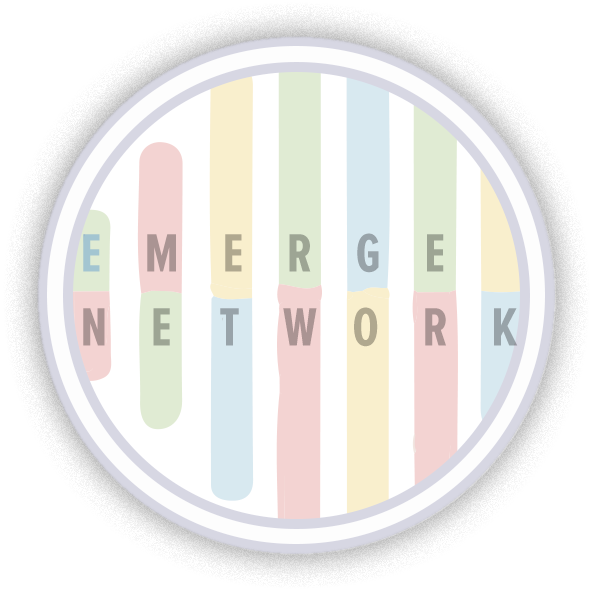
eMERGE is a national network organized and funded by the National Human Genome Research Institute (NHGRI) that combines DNA biorepositories with electronic medical record (EMR) systems for large scale, high-throughput genetic research in support of implementing genomic medicine. In its projects, eMERGE studies and pilots genomic medicine translation through discovery, implementation, tools, and policy. During Phase I – III, the Network deployed 68 electronic phenotype algorithms across more than 100,000 participants with dense genomic data. These algorithms allowed investigators to electronically determine if participants had specific diseases or traits. Returning genetic clinical results has been implemented multiple times across the Network, including on genes that effect how people metabolize drugs (pharmacogenomics) as well as genes associated with disease traits like Breast cancer or Colorectal cancer. Themes of genomics, bioinformatics, genomic medicine, ethnics, data sharing, privacy, and community engagement are of particular relevance to eMERGE.
eMERGE was initiated in 2007 and included five biorepositories linked to EMRs. eMERGE has expanded throughout the phases to incorporate many more clinical sites, with two focused on pediatrics. A full map of clinical sites and partners can be found here. During the current phase the Network is delving into comprehensive genetic risk, examining genetic risk at multiple sites across the genome (polygenic risk), genetic risk from a single gene (monogenic risk), family history risk, as well as clinical risk. How to combine these risk types and deliver risk assessments to participants and providers is one of the major goals of the Network.
eMERGE is openly interested in collaborations. Current external collaborations include the ENCODE, IGNITE, the PAGE consortium, and the larger ELSI (Ethical, Legal, and Social Issues) community. eMERGE is dedicated to developing tools, identifying best practices, and communicating results for participant consent, data sharing, and returning genomic research results, to benefit the broader medical and scientific communities and the general public.

